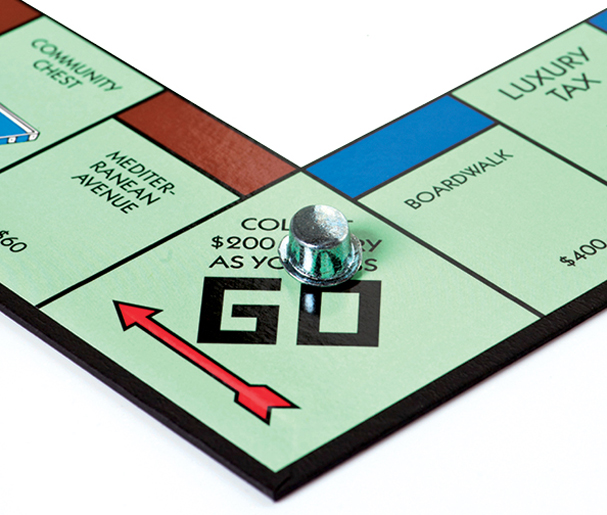When people get close to retiring, they start thinking about social security. One of the main questions is about when they should start taking Social Security. For younger people, the Social Security full retirement age is 67. If you elect to start taking your Social Security benefits then, you will receive 100% of the calculated benefits that you have earned.
You do have the option to take is as early as 62 or as late as 70. If you take is early, like a lot of people decide to do, you lose about 7% of your annual benefit for every year early. And if you decide to delay beyond 67, you get about 8% more in annual benefits for every year you delay, up to 70. Beyond 70, there are no additional benefits, so it doesn’t really help to delay beyond that.
Here’s the question. What’s the best age to begin taking Social Security?
Most people approach this in one of two ways. First way – let’s just take it as early as possible because I want to retire ( and maybe get out of my miserable job.) That’s okay, but it does leave you with a lot less money for the rest of your life. Like 2/3 of the annual benefit, for as long as you live. That’s a big downside.
The other way people commonly think about this is calculating a breakeven point. So if I wait a couple of years, I don’t get those 2 years of Social Security income (and have to either keep working or live off my own savings), but my payout will be 2×8% = 16% more, every year for the rest of my life. And this amount will be adjusted upward for inflation each year. So I have to live approx. 12-14 years more to break even on this “investment”. So if I think I am going to live beyond 80, I’ll get my money’s worth. Yup.
However, I think that people forget that the longevity stats for living show the average age for men or women to live, when they are at a certain age. For example, if you are a 67-year-old man, the average longevity is about 81. About 14 years. But what that really means is that half the population will live beyond that and some will live for decades beyond that.
This is where my thinking on Pascal’s wager comes in. Philosopher Blaise Pascal was considering whether God existed, and if he should believe in God. He reasoned that if he believed in God, but it turned out that God didn’t exist, his loss was that he could have sinned more without much consequence. But if he didn’t believe in God, and it turned out God existed, he would live for eternity in Hell and misery. He chose to believe in God. The downside was much greater than any upside.
So, my current thinking on Social Security is that we should think about this not from a breakeven point of view, but more from a guarding against long-term bad situations, like living under a bridge eating cat food when I’m really old.
I have been diligent in investing for my life, and my health is reasonably good. I am fortunate to have these, and I know not everyone can afford to think about Social Security this way. This leads me to believe that the best option for taking Social Security is to delay until age 70, which provides the highest level of annual benefits, which are also inflation protected. Almost like self-insuring, self-funding a longevity annuity without all the annoying costs and downsides. And who can beat a guaranteed 8% annual investment return for every year I wait, that will be inflation adjusted every year in the future. No one.
On the other hand, if your health is poor, I would go for early Social Security so I could live the fullest live in my remaining years.
It seems like taking Social Security at your full retirement age is not optimal. You should either take it as early as possible (if you know you will not live long), or delay it as long as possible to ensure against a long life of poverty.
Wow. That’s kind of a downer conclusion, but I do think it is the best way to think about when to take Social Security.
Thoughts?


